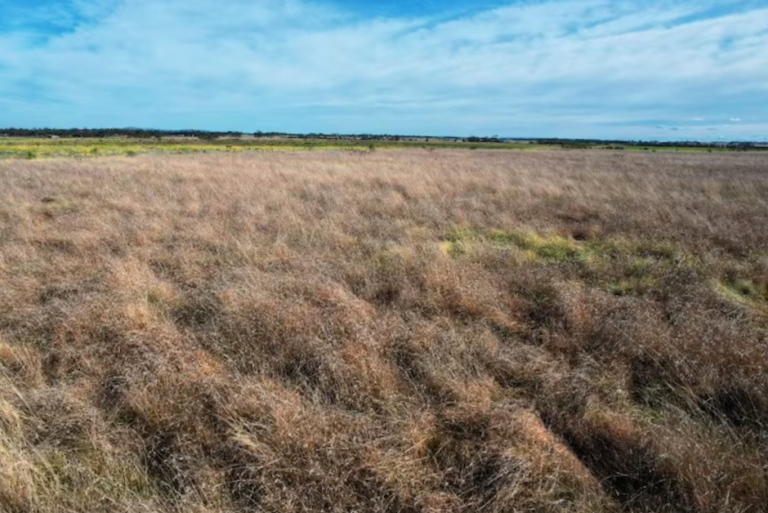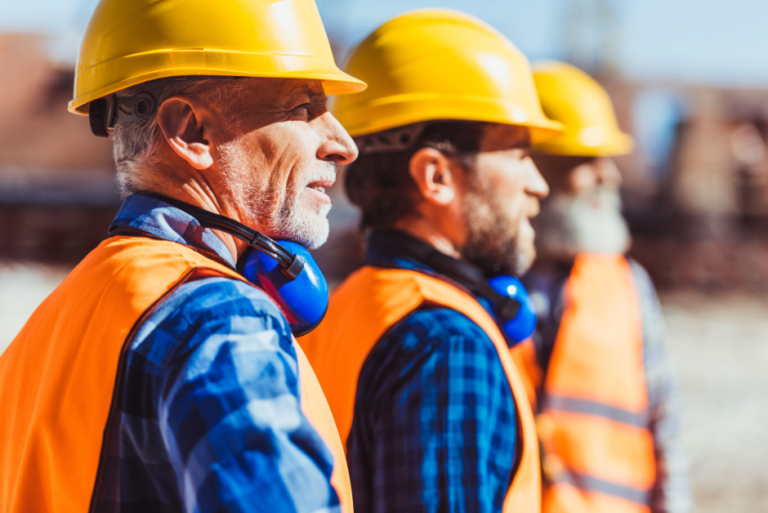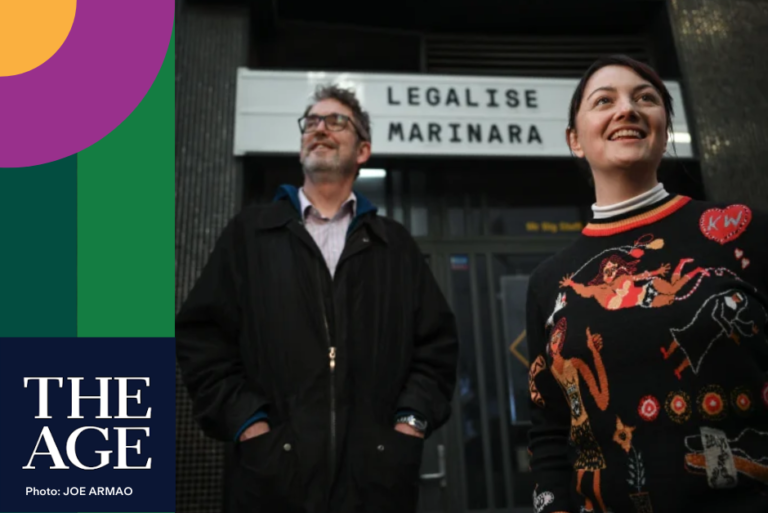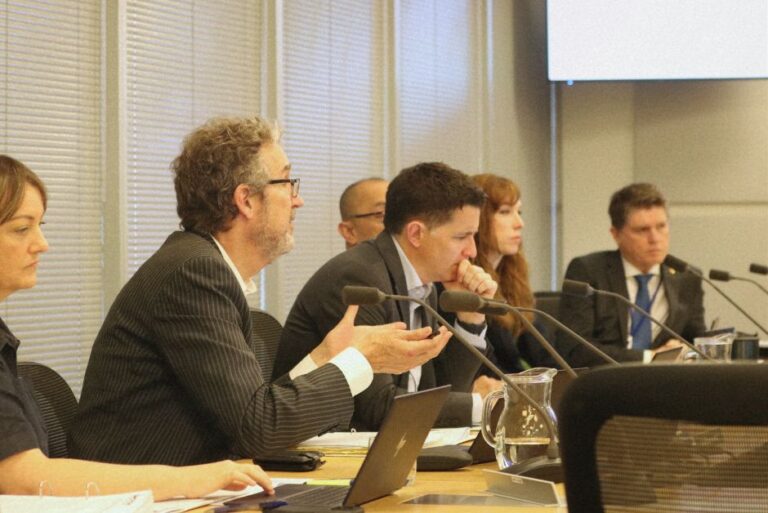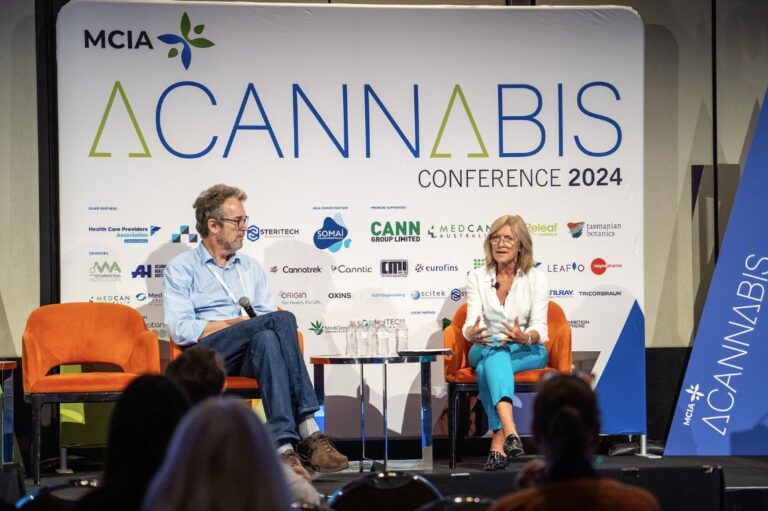10th of July 2024, 4:56pm
FOR IMMEDIATE RELEASE
Western Metropolitan MP David Ettershank has rebuked the Victorian government for continuing to ‘push’ toxic industries into Melbourne’s West, following the outbreak of a massive chemical fire in Durrimut.
“The West is traditionally a dumping ground for noxious storage and industries, and I don’t believe there is enough regard for the safety of residents in this setting,” Mr Ettershank said.
Residents in Melbourne’s west were told not to return home after a large chemical explosion sparked a massive factory fire in Durrimut on Wednesday [July 10].
“We are still seeing the government pushing toxic industries into the western suburbs – they keep on focussing western suburbs, western suburbs, western suburbs,” he said.
Mr Ettershank said he opposed the arrival of more noxious and polluting industries in western Melbourne and was opposed to:
- a proposed toxic waste incinerator to be located in Sunbury,
- an application for more than 230 new store storage tanks for a range of toxic and noxious substances to go into Coode Island,
- unfiltered ventilation stacks for the West Gate Tunnel,
- an application for an enormous freight handling and storage terminal on endangered western grasslands, adjoining RAMSAR heritage wetlands at Little River.
“We are always told when incidents like the Durrimut fire arise, that ‘now is not the time’ to talk about them,” Mr Ettershank said.
“We are told not to begin the discussion during the emergency but after the event – surprise, surprise – no one wants to talk about it, there’s always an excuse to delay the conversation.
“This is the burning issue of the moment, literally as well as figuratively, and residents in the West demand to know when the government is going to demonstrate some respect.
“I want the government to be proactive in terms of resident safety and appropriate regulation of noxious and dangerous industries.”
Last year the Maribyrnong Council declared a health emergency due to poor air quality.
“Young people with respiratory ailments in the inner west are 171 per cent above the Australian average,” Mr Ettershank said.

